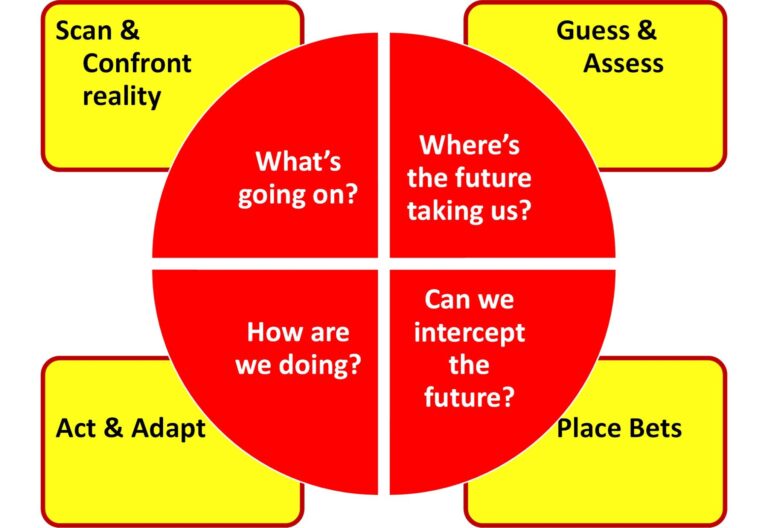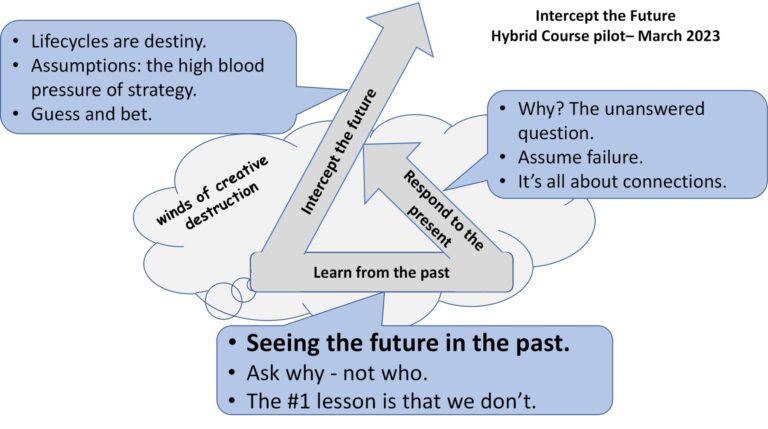The Google Machine is in charge (Darn!)
Don’t fall in love with your idea — unless you have the data.

Don’t fall in love with your idea — unless you have the data.
Are you ready for things that are already on the horizon?

Anticipate the future by understanding the past

“An act of writing is an act of thinking.” William Zinsser, Writing to Learn I’m a writer (in addition to a bunch of other things) and I was taken aback by a recent article in Atlantic Magazine, “The End of High School English.” The article, written by an English teacher, provides commentary about OpenAI’s ChatGPT, a “program…

MindPrep 173 – We are so screwed! This is a copy of our latest newsletter. I wanted to “share it with the world” because it highlights a BIG problem that my generation keeps ignoring — I hope the young “up and comers” can fix what we’ve messed up. Please. The following article makes me wonder…
Covid-19 is only the most recent example of unpreparedness. You need to act and learn to get to the future.
Covid-19 is only the most recent example of unpreparedness. You can learn how to be better prepared by making better and timely decisions.
Covid-19 is only the most recent example of unpreparedness. You can learn how to be better prepared.
Covid-19 is only the most recent example of unpreparedness. You can learn how to be better prepared.
Get email updates about new content, courses, workshops and other things that will enrich and improve your thinking about business.

Get email updates about new content, courses, workshops and other things that will enrich and improve your thinking about business.
We’ll treat your information in accordance with our Terms of Use and Privacy Policy.
